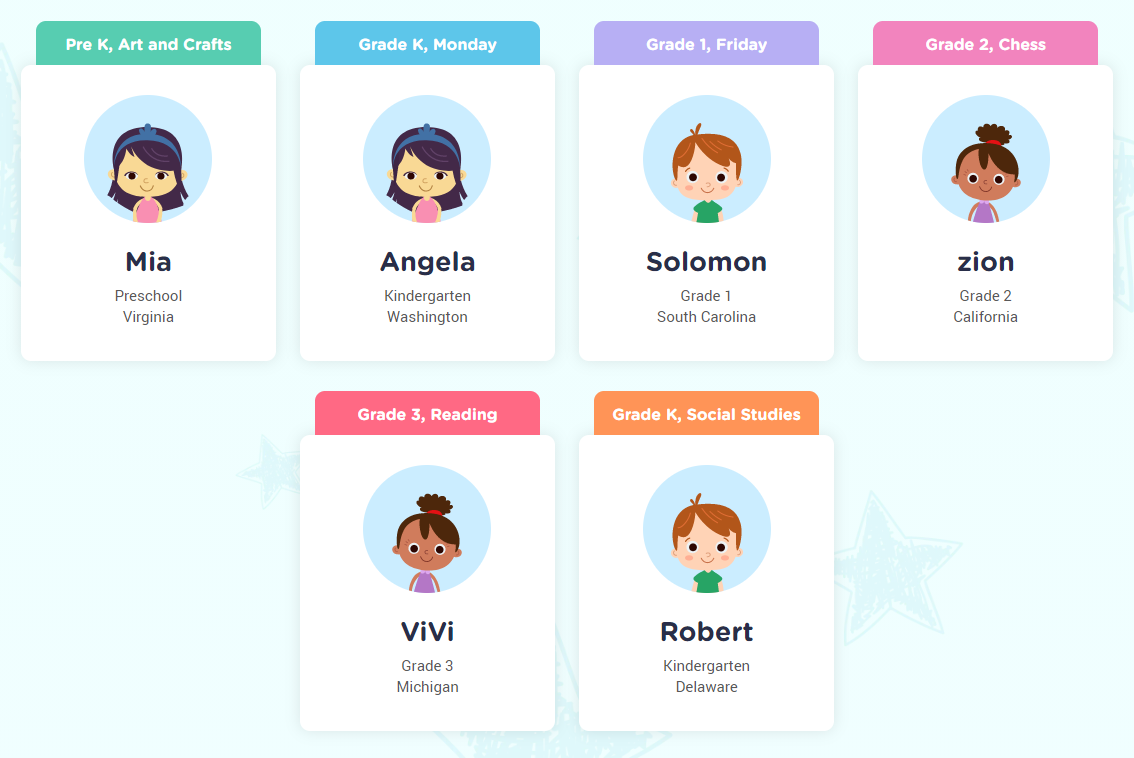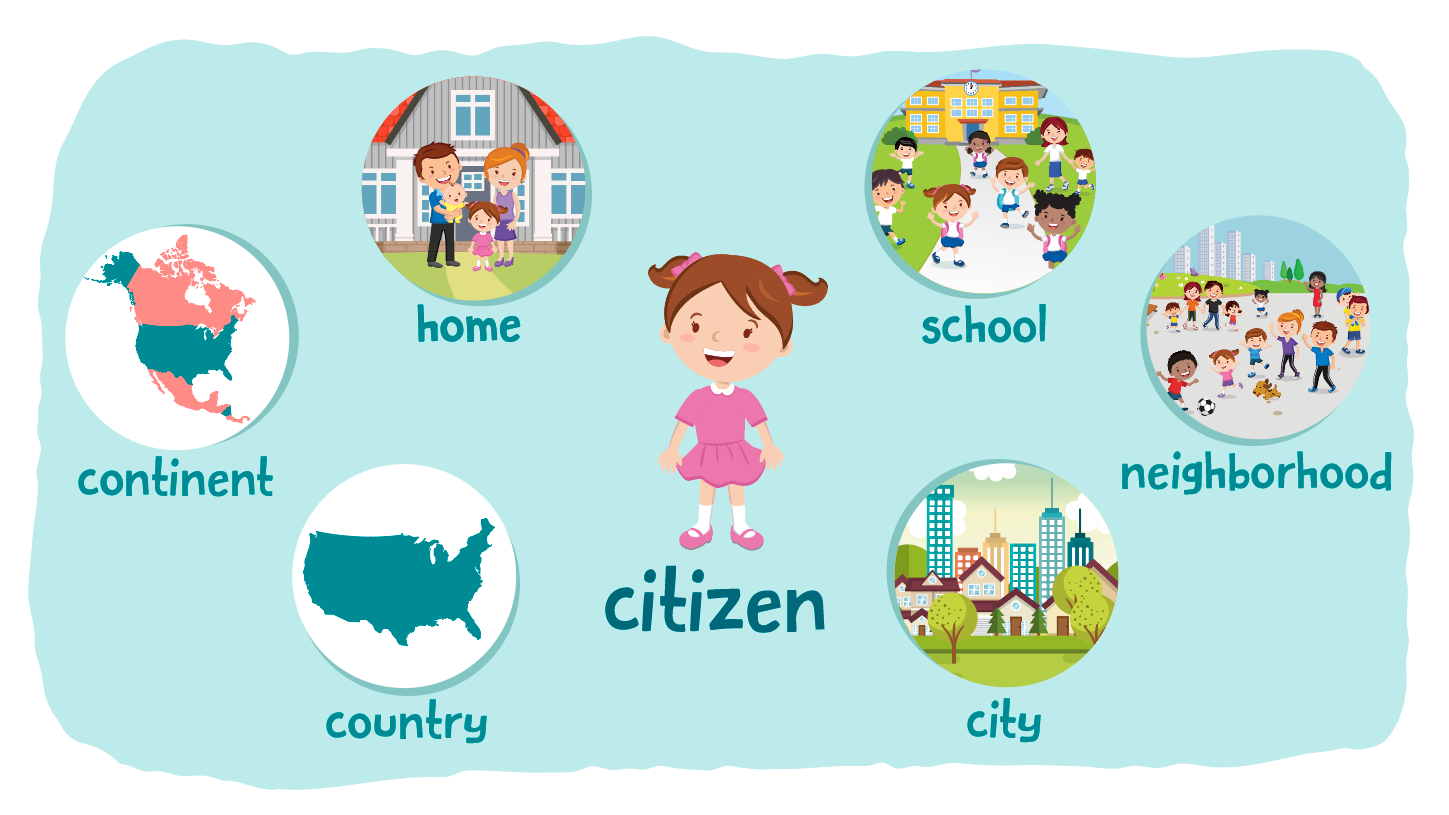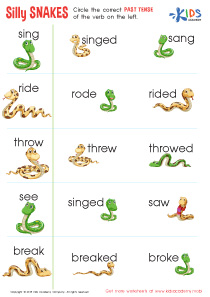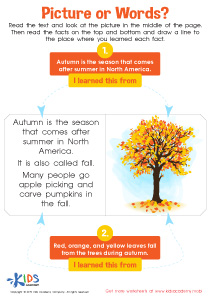Extra Challenge Tracing Words worksheets activities for Grade 1
1 filtered results
-
From - To
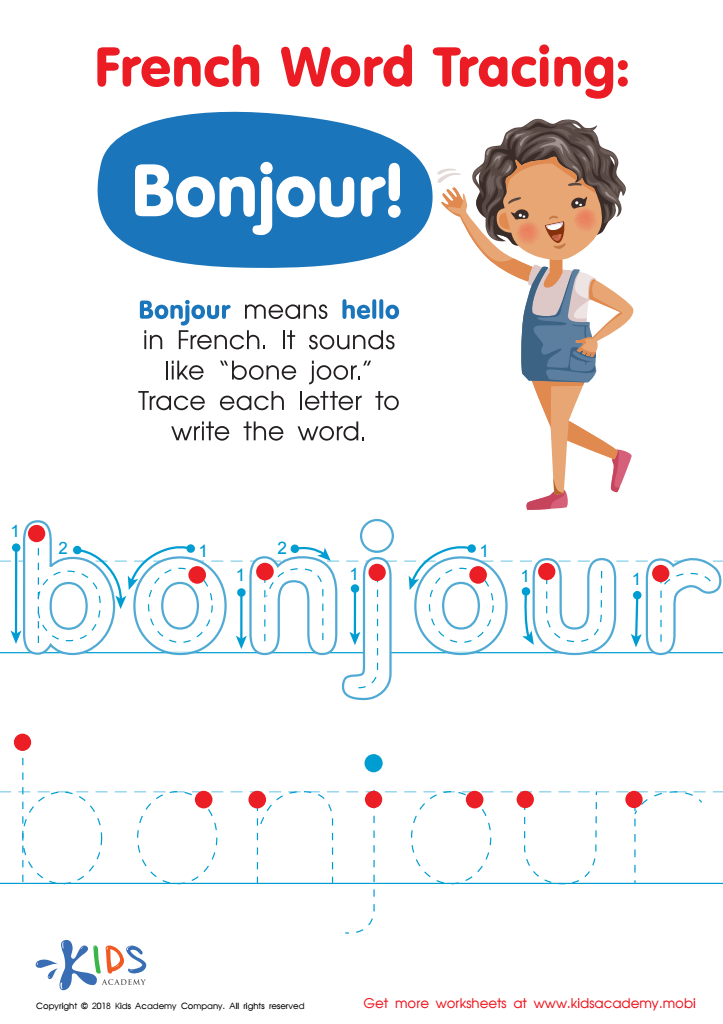

French Word Tracing: Bonjour Worksheet
Extra Challenge Tracing Words worksheets activities for Grade 1 are an essential tool in the foundational stage of a child's education. These specially designed worksheets go beyond the regular curriculum, offering students a unique opportunity to enhance their handwriting skills, spelling accuracy, and overall literacy in a fun and engaging manner. Here are several reasons why these activities are particularly useful for Grade 1 students.
Firstly, the Extra Challenge Tracing Words worksheets activities for Grade 1 provide a structured yet flexible approach to learning. They are meticulously crafted to cater to the varied learning paces of young students, ensuring that each child can progress at their own comfortable speed. This personalized learning experience boosts confidence and encourages a positive attitude towards education.
Secondly, these worksheets focus on the fine motor skills crucial at this developmental stage. Tracing words helps in the refinement of hand-eye coordination and promotes the dexterity needed for clear and legible handwriting. As students practice tracing, they also unconsciously absorb the correct spelling of words, thereby enhancing their vocabulary and spelling skills simultaneously.
Moreover, the Extra Challenge Tracing Words worksheets activities introduce an element of challenge that is both stimulating and rewarding. This fosters a love for learning and an intrinsic motivation to excel. By encountering and overcoming these challenges, students develop perseverance and problem-solving skills that are valuable beyond the classroom.
Lastly, the activities are designed to be interactive and enjoyable. They often incorporate colorful illustrations and themes that appeal to Grade 1 students, making learning feel like play. This positive association with learning tasks can lead to a lifelong love for reading and writing.
In summary, Extra Challenge Tracing Words worksheets activities for Grade 1 are a vital educational tool. They not only improve handwriting and spelling but also contribute to the overall cognitive and emotional development of young learners. These activities prepare students for future academic success by laying a strong foundation in their early years of education.

 Assign to the classroom
Assign to the classroom


